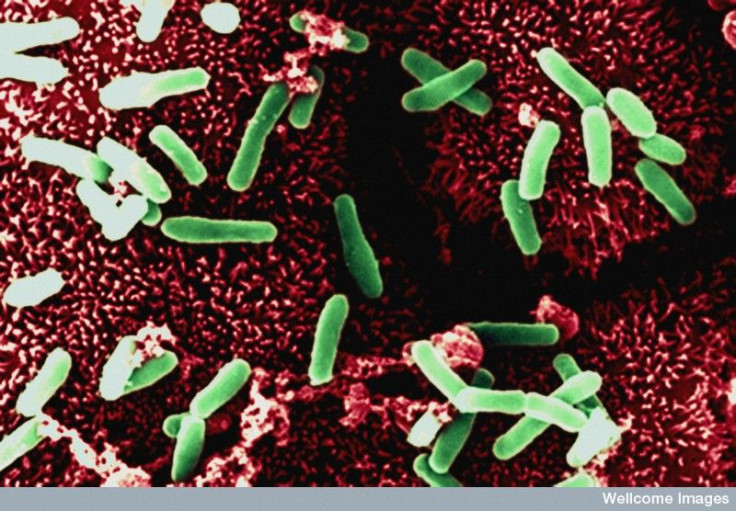Fecal Transplant Procedures Require No Further Regulation; FDA Takes A Step Back

A storm has been brewing over the Food and Drug Administration's (FDA) need for doctors to fill out lengthy documents and delay lifesaving fecal transplant procedures. Doctors had previously performed these procedures, on a case by case basis, for patients who were affected by Clostridium difficile (C. diff) infections and for patients who were affected with ulcerative colitis and Crohn's disease. The transplant of stool from healthy donors to ill recipients has gained much momentum because it has been shown to improve health in dire circumstances.
But now the FDA has pulled back on its requirement that each time a doctor wishes to perform the procedure, he or she must fill out an Investigational New Drug application (IND). This application must go through a lengthy process and be approved by a board at the FDA for each instance. The new ruling by the FDA now says that doctors must document and inform patients of the risks inherent in the procedure.
Infection with C. diff usually occurs in hospital settings after a patient has been given antibiotics. The good bacteria in the gut are killed off, and bad pathogenic bacteria such as C. diff are no longer crowded out and begin to take over. This can cause severe diarrhea, and out of 336,000 infections a year, 14,000 Americans die of the infections.
Fecal transplants have seen large success in treating C. diff infections. A study published in the New England Journal of Medicine this past January saw a greater than 80 percent cure rate from C. diff after fecal transplants from a healthy donor.
The FDA's about-face comes after the American Gastroenterology Association had pushed hard against the original statement by the FDA requiring oversight. The FDA still encourages doctors to submit an IND, but there are no consequences if one does not.
Published by Medicaldaily.com



























